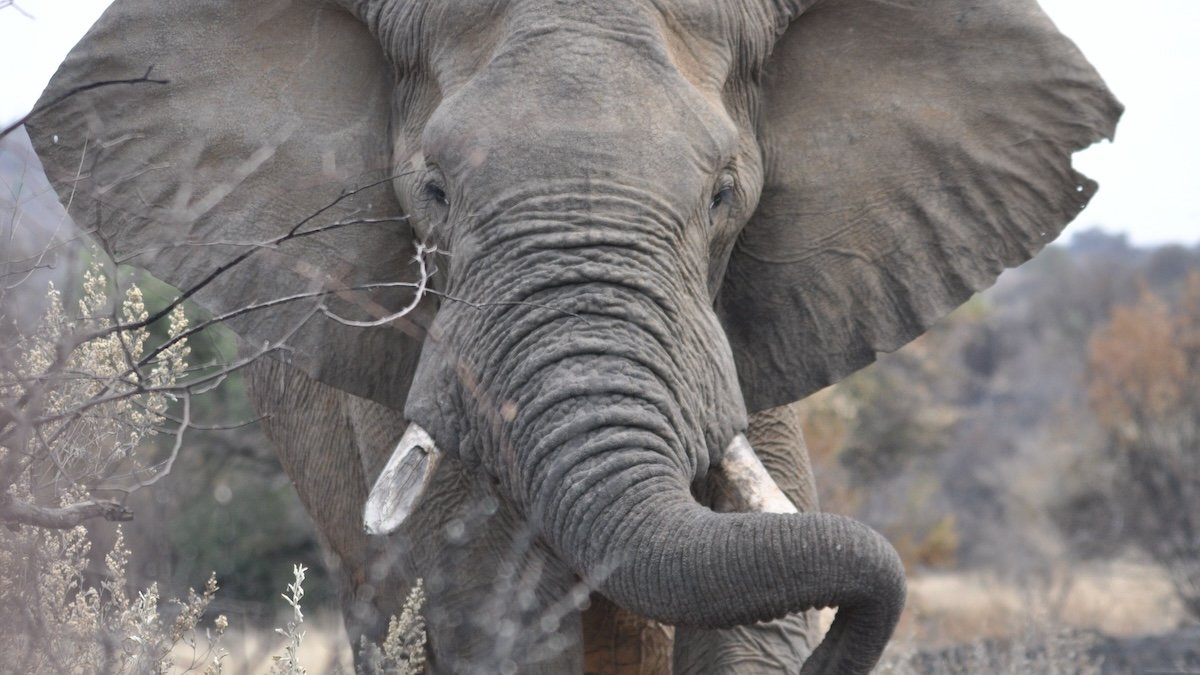

Last week, the federal government published new rules for importing live African elephants and trophies into the country, but critics on both sides of the political aisle say the rules compromise too much.
Videos by Outdoors
In a statement, the Center for Biological Diversity argued that the Biden administration caved to trophy hunters by continuing to allow the importation of trophies instead of requiring that elephant populations reach sustainable levels.
Tanya Sanerib, the international legal director at the Center for Biological Diversity, described the group’s response as “truly crushed” because the rules don’t outright ban elephant hunting trophies.
“These magnificent animals are globally cherished but under threat, and it’s high time we stop letting wealthy trophy hunters turn them into décor,” Sanerib said.
On the other side, hunting rights group Safari Club International (SCI) issued a statement saying their members “vigorously” oppose the new rules, arguing that African wildlife conservation will suffer if U.S. trophy hunters cannot import elephant parts legally harvested.
“The administration has chosen to pander to Western animal-rights groups and dictate senseless policies that will ultimately harm the elephants and other wildlife the agency claims it wants to protect,” said W. Laird Hamberlin, SCI’s chief executive.
On Friday, the U.S. Fish & Wildlife Service published the final rule to amend the Endangered Species Act, specifically section 4(d). In an announcement, the service said the rule will benefit African elephants by:
- Only allowing countries with legal protections at the national level to export elephants to the U.S.,
- Requiring that money collected from imports be directed to support the species,
- Requiring that live elephants and their offspring only go to facilities equipped to care for them,
- And, requiring increased transparency about import regulations and permit requirements with stakeholders.
According to the Service, the number of African elephants has been reduced from 26 million around 1800 to approximately 415,000 today largely because of a range of issues, including habitat loss, the ivory trade, and retaliative killing.
While the Service acknowledges that trophy hunting, which supporters say is a direct way for land managers to invest in the protection and growth of endangered populations, has “conservation potential,” it also said it must be “well-regulate” by including “accountability measures” and “additional safeguards.”
Martha Williams, the director of USFWS, argued that the new rules will support other countries’ efforts to manage and protect African elephant populations.
“We are optimistic that with this final rule and by continuing to work in partnership with range countries, wild African elephant populations will be sustainable into the future,” Williams said.
The service proposed the rule in November 2022 and opened up a 120-day commenting period as well as a public hearing. In all, the service reviewed more than 130,000 comments. The final rule will go into effect on May 1, 2024.









